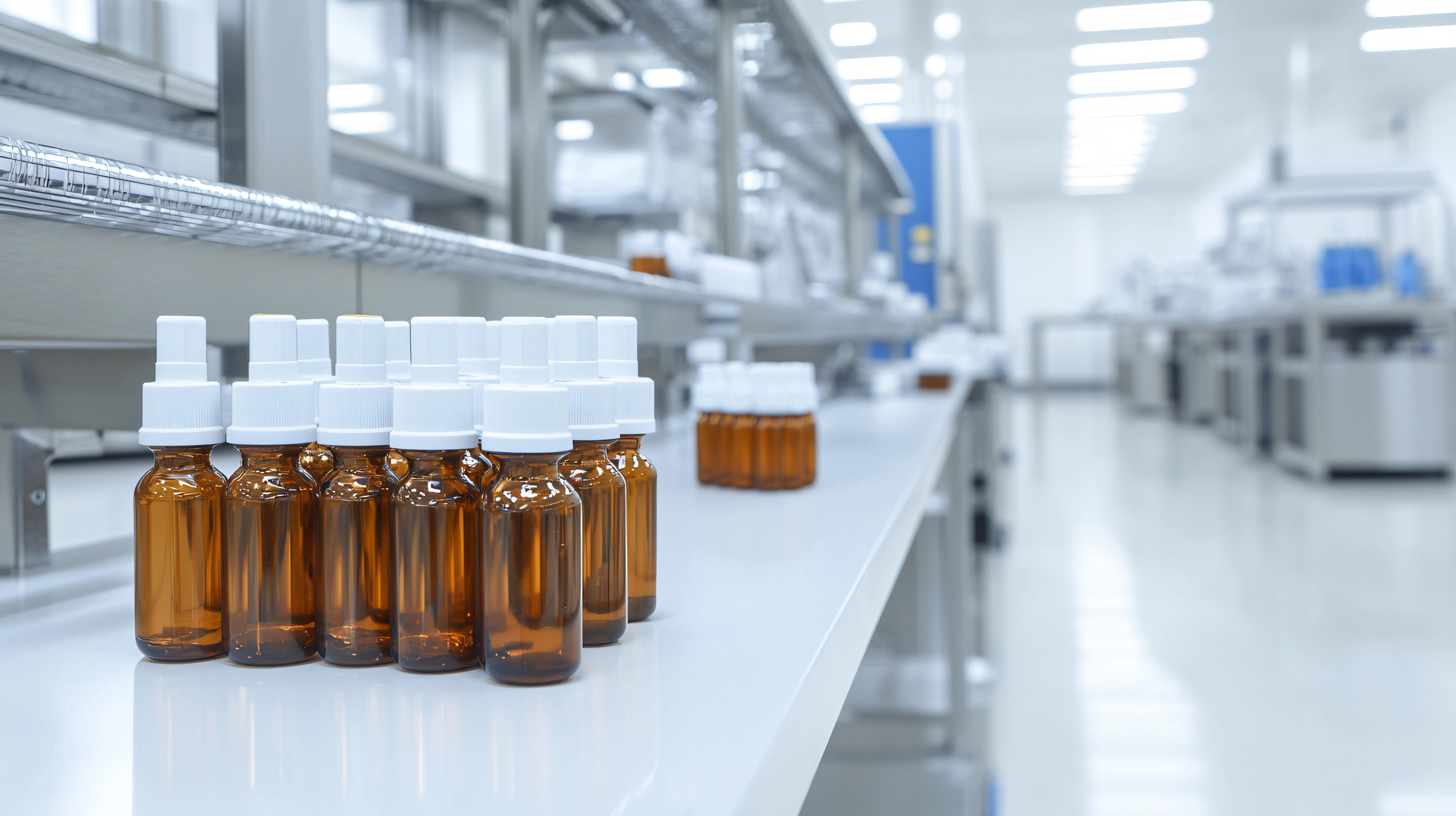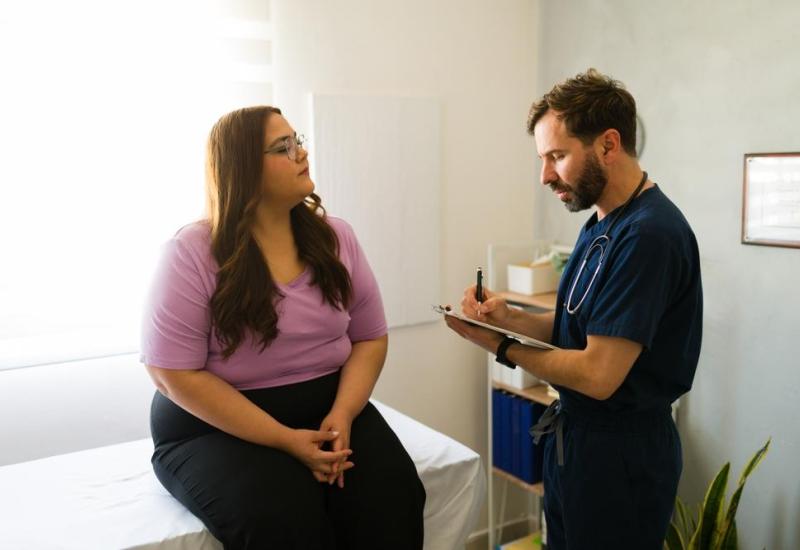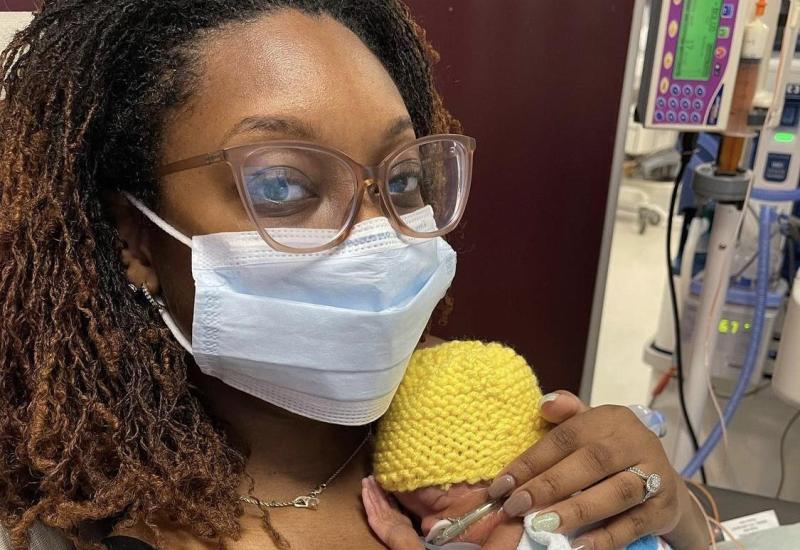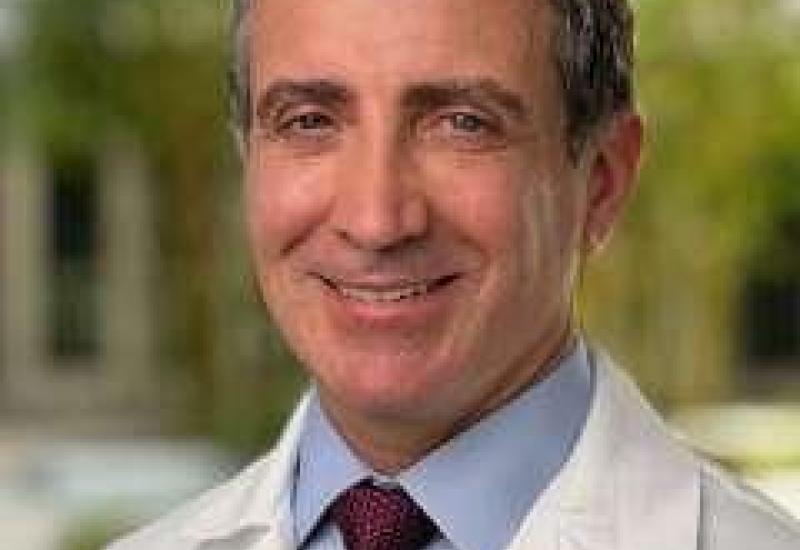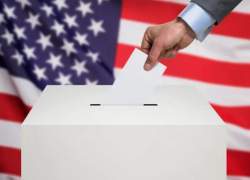What Is a Compounding Pharmacy—and Why It Might Already Be an Important Part of Your Care
(ProRx Pharma) - From hospitals to surgical centers, med spas to even your dentist’s office—chances are, you or someone in your family has already received medication from a compounding pharmacy without even knowing it.
- From hospitals to surgical centers, med spas to even your dentist’s office—chances are, you or someone in your family has already received medication from a compounding pharmacy without even knowing it.
But what exactly is a compounding pharmacy? And what makes some compounding pharmacies, known as 503B outsourcing facilities, so critical to modern healthcare?
A Brief Look Back
Compounding pharmacies have been around for centuries—long before mass-produced medications were the norm. In the earliest days of medicine, pharmacists prepared customized remedies by hand, adjusting dosages, ingredients, and formulations to suit individual patients. While much of pharmacy practice shifted to manufactured drugs over the 20th Century, the need for tailored treatments never disappeared.
In 2013, Congress passed the Drug Quality and Security Act (DQSA), creating a new category of compounding pharmacies: 503B outsourcing facilities. These facilities are authorized to compound large batches of medications in advance—often for use in hospitals and physician clinics—and are held to strict quality and sterility standards by the FDA.
Why It Matters to You
503B outsourcing facilities are behind the scenes of much of our healthcare system and the modern wellness journey. While you can’t pick up a prescription directly from one, the preparations they compound are frequently administered during medical procedures, inpatient stays, or outpatient visits.
Some common scenarios include:
· A child in the ER receives a weight-based dose of a pain reliever made by a 503B facility.
· An older adult undergoing eye surgery gets pre-filled syringes of anesthesia prepared in sterile conditions.
· A patient at a wellness clinic receives a compounded vitamin infusion tailored for their specific nutrient needs.
Unlike traditional “503A” compounding pharmacies, which prepare medications based on a specific prescription for one patient, 503B facilities are allowed to produce office-use medications in advance—making them vital to hospitals, ambulatory surgery centers, infusion clinics, med spas, and even long-term care providers. Patients may receive medications prepared by a 503B outsourcing facility, but they do so only through their healthcare provider, since 503Bs are not permitted to serve patients directly.
Safety and Quality Come First
Not all compounding pharmacies are the same. 503B facilities must register with the FDA, follow Current Good Manufacturing Practices (cGMP), and undergo regular inspections. These guidelines are designed to protect patients by ensuring preparations are sterile, precisely dosed, and free of contaminants.
When your healthcare provider suggests using a compounding partner, do your due diligence and ask questions, even visit the compounder’s website. Three questions you should ask:
1. Is the compounding pharmacy accredited by the Pharmacy Compounding Accreditation Board (PCAB) or another recognized organization?
2. Is the pharmacy licensed in my state and do they follow guidelines for compounding?
3. Does the pharmacy regularly test for potency, sterility (if applicable) and contamination?
So the next time you or a loved one gets a procedure, an injection, or a specialty treatment, there’s a good chance a compounding pharmacy was part of the process—quietly working behind the scenes to keep you safe, healthy, and healing.
For more information about compounding pharmacies, visit https://prorxpharma.com.

